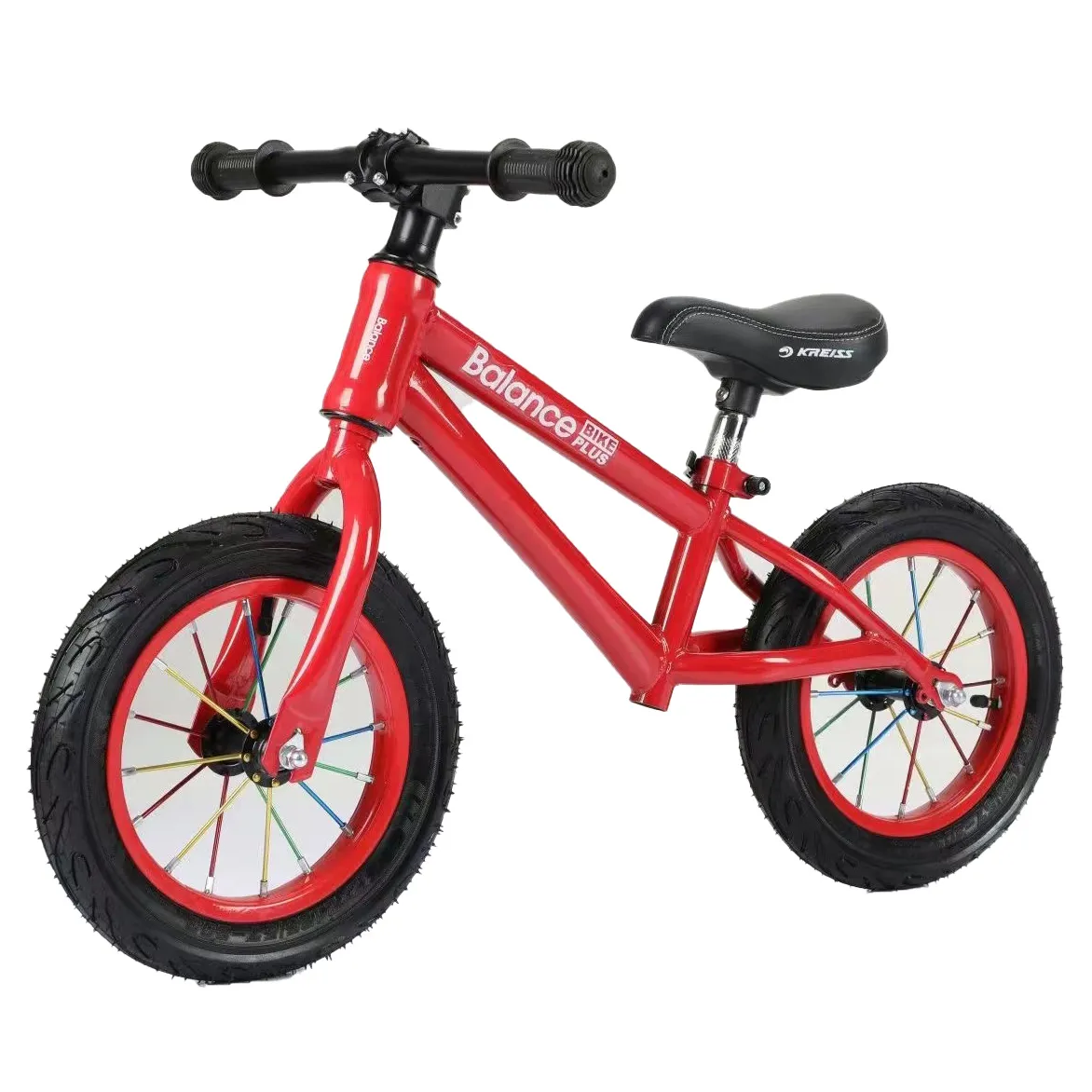Ultimate Guide to Choosing the Right Size Bicycle for Your Child's Needs and Growth
Understanding Children's Bike Size Guide A Comprehensive Overview
Choosing the right bike for your child is crucial for their safety, comfort, and overall enjoyment of cycling. A well-fitted bike not only enhances the riding experience but also allows young riders to develop their skills confidently. Understanding the children’s bike size guide is essential for parents and guardians when purchasing a bicycle.
Importance of Bike Size
Selecting the appropriate bike size is pivotal because a bike that is too big or too small can result in accidents, lack of control, and discomfort. Children are constantly growing, and their development should be taken into account when buying a bike. A properly sized bike enables your child to reach the handlebars and pedals easily while maintaining a good posture. This is particularly essential for young riders who are just learning to ride.
Measuring Your Child for the Perfect Fit
The first step in choosing the right bike is to measure your child's height and inseam. Height provides a general idea of what frame size is appropriate, while inseam measurement helps you determine how far down your child can reach the pedal. To measure inseam, have your child stand with their feet shoulder-width apart and without shoes, then measure from the ground to their crotch.
Bike sizes are typically indicated by the wheel size, which varies with the age and height of the child
. In general, children’s bikes come in the following sizes based on wheel diameterchildrens bike size guide

- 12-inch wheels Suitable for children aged 2-4 years (height 28-38 inches) - 14-inch wheels Ideal for ages 3-5 years (height 36-44 inches) - 16-inch wheels Best for ages 4-6 years (height 40-48 inches) - 20-inch wheels Fit for ages 6-8 years (height 42-52 inches) - 24-inch wheels Great for ages 8-11 years (height 48-56 inches) - 26-inch wheels Typically for ages 11 and up or taller children (height 54 inches and above)
Test Riding the Bike
Once you have selected potential sizes, the best approach is to have your child test-ride the bikes. Ensure they can comfortably reach the handlebars while standing over the top tube of the frame. There should be at least 1-2 inches of clearance for a good fit. When sitting on the saddle, your child should be able to touch the ground with their toes. This ensures that they can stop safely and feel secure while riding.
Safety Considerations
Comfort and fit aside, safety should always be a priority. Make sure your child wears a properly fitted helmet every time they ride. Additionally, inspect the bike's features such as brakes, reflectors, and tires to ensure they are in good working order. A bike with training wheels may be helpful for younger riders who are still learning balance and coordination.
Conclusion
In conclusion, navigating the children’s bike size guide can initially seem overwhelming, but it is a vital process for ensuring your child has a safe, comfortable, and enjoyable experience on two wheels. By measuring your child properly, selecting the appropriate wheel size, allowing them to test ride various bikes, and emphasizing safety measures, you will empower them to embrace the joy of cycling. It not only encourages physical activity but also fosters a sense of independence and adventure, making it a rewarding experience for both parent and child.
-
Why Ride On Toys Are Every Kid’s FavoriteNewsApr.03,2025
-
Why a Mountain Bike is Perfect for Outdoor AdventuresNewsApr.03,2025
-
Why a Baby Tricycle is the Perfect First RideNewsApr.03,2025
-
The Joy of Learning with a Kids Balance BikeNewsApr.03,2025
-
The Fun and Benefits of a Childrens ScooterNewsApr.03,2025
-
Find the Perfect Kids' Bikes for Fun and AdventureNewsApr.03,2025
-
Perfect Color for Your Mountain BikeNewsFeb.27,2025








